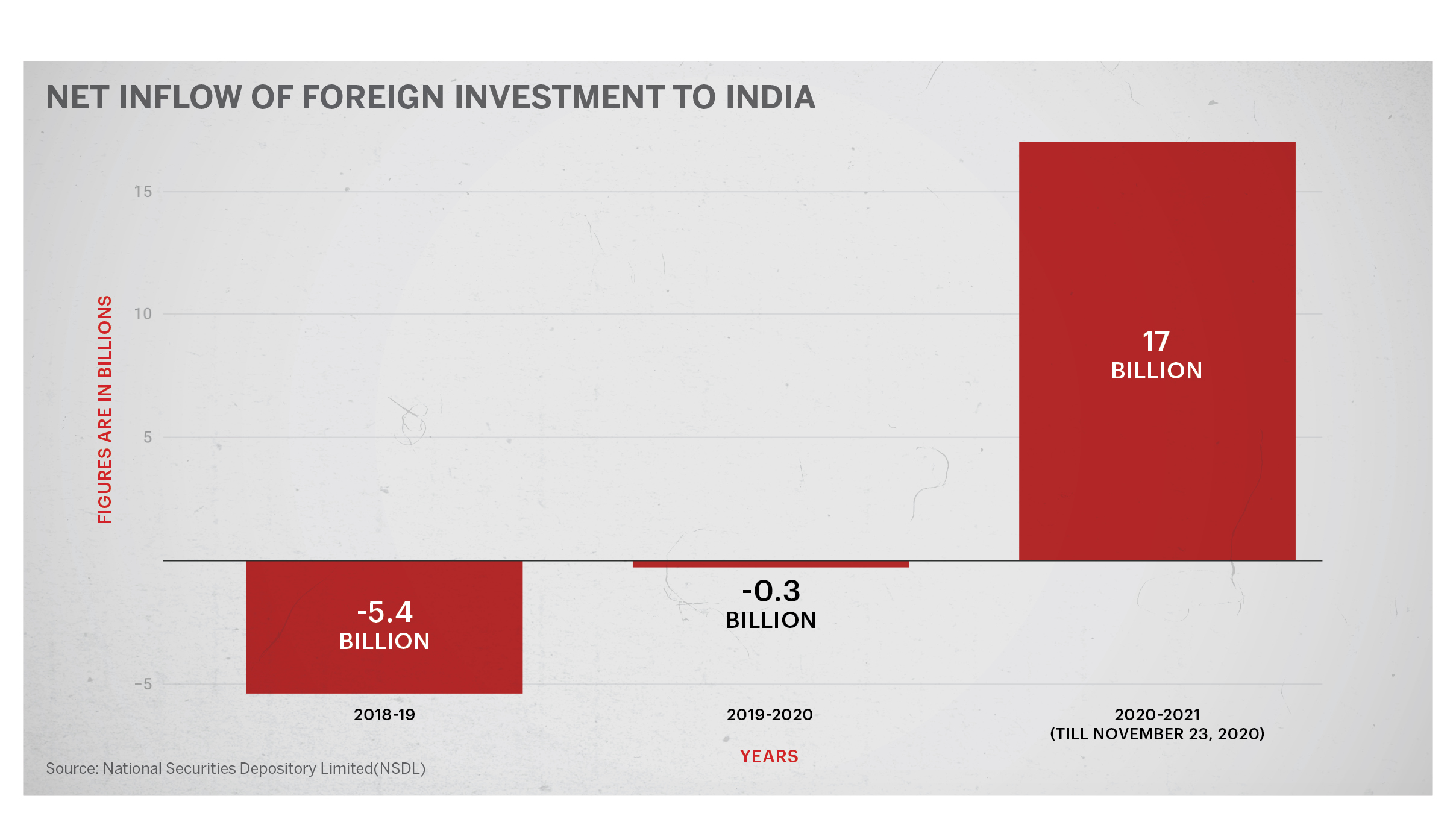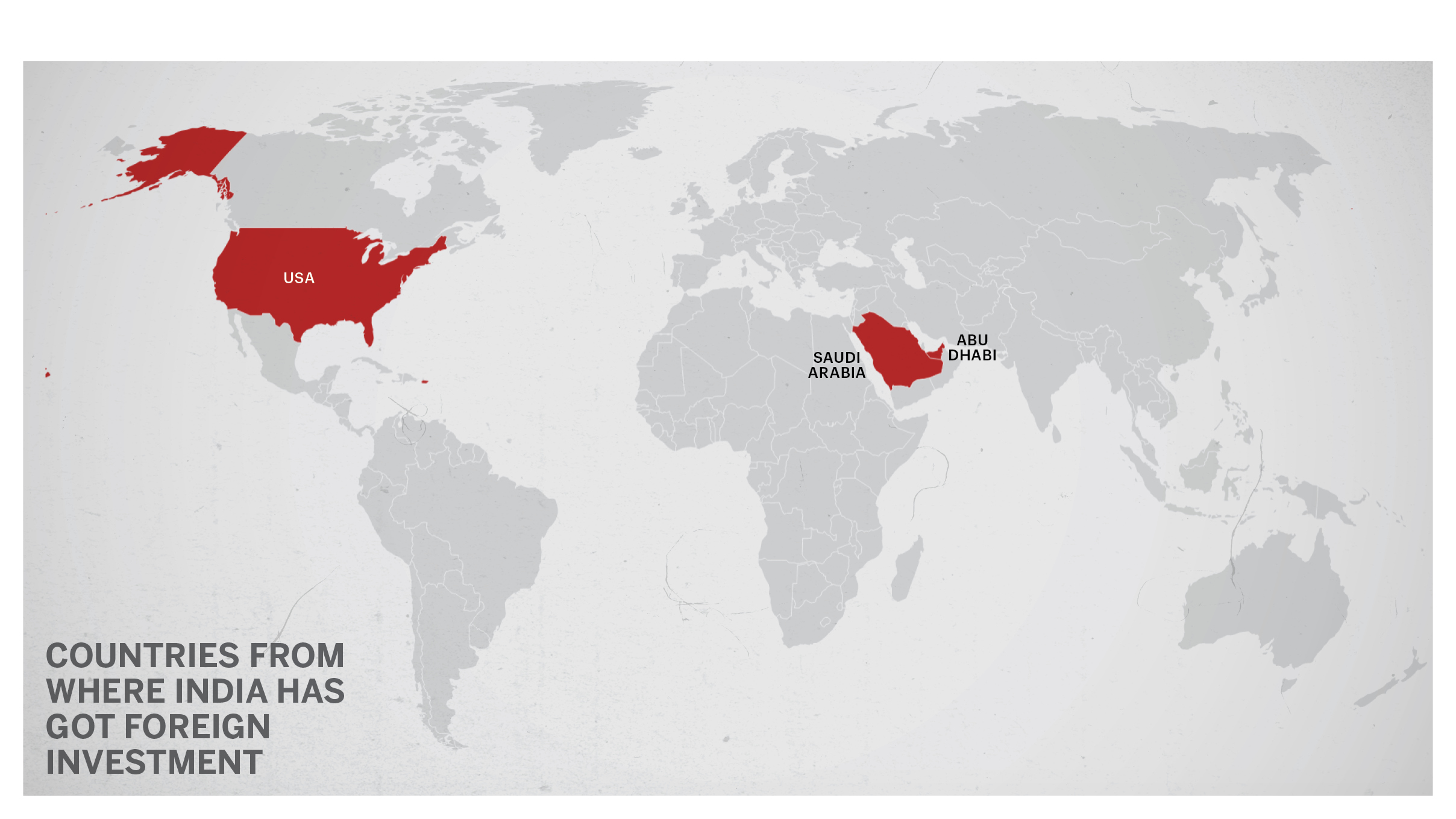
Tamil Nadu — A Biden presidency in the United States and India’s weight on the Emerging Markets Index could have a positive impact on Indian markets, which currently have got over $17 billion in foreign funds this financial year.
“We expect Biden’s government to focus on health care and other things instead of the capital markets, which would result in the weakening of the dollar,” said Nasser Salim, managing partner at Flexi Capital, a New Delhi-based financial management company. “This will weaken the dollar and money will move to emerging markets.
Salim also expects the Biden administration to come up with a stimulus package, the latest iteration of which has been stalled in Congress for the past several months.
“Prospects for corporate tax increases and expanding health care were among the top areas cited by executives ahead of the election as potential policy risks, according to a PwC report on post-election policy, with Biden projected to be the winner of the 2020 general election.

Other reports show that exchange-traded funds tracking overseas stocks have been on the rise since it appeared that Biden was likely to be the next U.S. president.
In a boost to U.S. companies, and in a measure meant to keep funds from flowing overseas, President Trump cut the corporate tax rate from 33 percent to 21 percent. During the Trump administration, the value of the dollar has also strengthened, as has economic growth overall. When Trump took office in January 2017, the exchange rate was $1 =INR 68; currently the rate is $1=INR 74.
Since the U.S. Federal Reserve cut the interest rate in June to near zero through 2022 to help the economy recover from the pandemic, “This money will have to be put somewhere and India could be that country,” said Kshitij Mahajan, co-founder of Complete Circle Consultants, a boutique wealth and financial management firm.
Recently, Morgan Stanley Capital Investment added 12 Indian stocks to its index, and increased the country’s weight in the Emerging Markets Index to 8.7 from 8.1, which could boost investor confidence.
Another potential incentive for foreign investment, according to Prakash Ranjan Sinha, director of Nurture India Consultant, is that “Our fundamentals are looking slightly better than before. India has stable policies. So it could be a favored destination among emerging markets.”
The country’s economic growth, however, has been a concern in recent times. India’s gross domestic product was already slowing before the pandemic.
In the current financial year, $17 billion of foreign investment has come into India, after two years of decline. Much of it has been through equities. Some of India’s top companies have benefited from this.

Foreign investors now hold a 25.23 percent share in Reliance Industries, India’s largest corporation, with a market capitalization of $200 billion.
Facebook and California-based equity investor Silver Lake are among the firms that have invested in RIL subsidiaries.
Earlier this year, Facebook bought a 9.9 percent stake in Reliance Jio, RIL’s telecommunication arm. Silver Lake has invested $1.3 billion in Jio and has announced that it will invest in Reliance Retail.
EuroPacific Growth Fund, part of U.S.-based financial services company Capital Group, has increased its stake in India’s largest private bank HDFC by over 3 percent. It has also invested in India’s largest automaker, Maruti Suzuki.
Most foreign investors have put their money in equities and have withdrawn from debt instruments.
(Edited by Siddharthya Roy and Judith Isacoff. Map and graph by Urvashi Makwana.)
The post Biden Presidency Could Mean More Foreign Investment in India appeared first on Zenger News.
